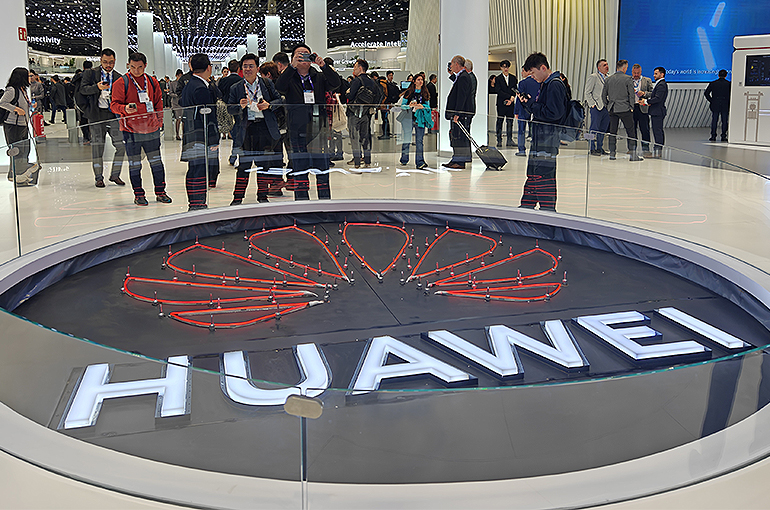 Huawei Inks Global Patent Cross-Licensing Deals With Amazon, Vivo
Huawei Inks Global Patent Cross-Licensing Deals With Amazon, Vivo(Yicai) March 5 -- Chinese telecoms giant Huawei Technologies has entered into a multi-year patent cross-licensing agreement with Amazon, settling a patent dispute between them, and signed a similar deal with phone maker Vivo Communication Technology.
The Amazon agreement resolves pending litigation the US technology company had with Huawei, the Shenzhen-based firm announced today. The Vivo deal covers cellular standard essential patents, including for fifth-generation handsets, Huawei said in a separate statement.
“Huawei and Vivo reached an agreement through amicable negotiation,” said Shen Hongfei, vice president of Huawei's legal department. “Amazon and Huawei previously had a patent dispute related to the WiFi standard and now reached a cross-license deal.”
Huawei has license deals with most of the world's major smartphone makers and has inked or renewed patent cross-licensing agreements with other major manufacturers in the industry in the past year, including Samsung Electronics, Oppo Mobile Telecommunications, Nokia, Ericsson, Xiaomi, and Sharp.
“Patent licensing expands the number of companies that can use what otherwise would be proprietary technologies, which, in turn, provides consumers with more innovative products and services,” noted Alan Fan, head of Huawei's intellectual property rights department.
Over the course of the past two years, Huawei has been expanding its global patent collection efforts. Its revenue from patent license fees was about USD560 million in 2022, while around 450 million 5G phones worldwide were licensed by it last year, according to the company.
"Patent litigation between technology companies is common and normal around the world," Shen noted. "On the one hand, patent fees should not be too low because it will discourage innovation, and on the other hand, they should not be too high because it will make the industry bear unreasonable costs, impeding innovation and making it the preserve of the few.”
Huawei has invested more than CNY977.3 billion (USD135.8 billion) in research and development in the past decade, of which around CNY161.5 billion was spent in 2022, a historical high that equated to 25 percent of its annual revenue that year, Shen pointed out.
Editors: Tang Shihua, Martin Kadiev